
We had the opportunity to interview industry legend, Life President of Eidos Interactive, creator of Warhammer and fosterer of several key franchises such as Hitman and Tomb Raider Ian Livingstone. Considering this was in the wake of the PlayStation 4 launch, we decided to probe his brain on everything under the sun. From next generation console development to violence in video games and of course, the newest Tomb Raider.
Concerning your role in Eidos, because you started the company from the beginning all the way till now…How has that journey been, moving not just from one generation to another but through at least four or five different generations?
Game companies reach a certain stage where you can no longer get by on your own and clearly you need other skills, other management skills…You need financial capital behind you in order to expand. You need a rich capital to experiment and…you know I play one part in that. I’ve seen and been at the beginning of two companies before Eidos with Games Workshop in a flat in Shepherd’s Bush with an old school friend. And we sold out that to a management buyout. And this time, we floated Eidos and…clearly, every time you raise capital, your own equity reduces, and Eidos was ultimately bought by Square in Japan.
And yeah my role these days is largely ambassadorial, and we clearly share the same vision as the senior management of Square Enix. Eidos has always been about creating original IP as we did at Games Workshop with Warhammer and Spacehawk and Space Marine, etc. In Eidos, we had Tomb Raider, Hitman, Deus Ex, and Thief, Legacy of Kain and Championship Manager. And Square Enix also has that same philosophy with Final Fantasy and Dragon Quest. IT’s great to be part of an even bigger team which has global reach and built up the distribution and development. Square Enix didn’t acquire Eidos just to move IP back to Japan to make Japanese content.
Quite the opposite, they saw the skill that existed in our 3 premiere studios Crystal Dynamics, Eidos Montreal and IO Interactive. And also saw some of the amazing content we created over the years and they just wanted to make sure that they’ll have the right capital base to ensure that those AAA titles being developed were genuine AAA titles when they were published. So they went the extra mile to particularly make sure it’s the game it as to be.
Have there ever been any changes that Square Enix has made with these franchises that maybe you didn’t agree with or that just felt like a completely different philosophy than what you started the franchise with?
No, Square Enix has been brilliant and afforded creative autonomy. Of course, with games like Tomb Raider, that creative autonomy now rests with Crystal Dynamics itself, so they’d be totally responsible for the creation of the concept to the development of the entire product with the new Tomb Raider. And I must say they’ve done a brilliant job and I can only congratulate them from where I sit.
Speaking about Tomb Raider, it’s seen a lot of controversies since being revealed. One of those things that’s happened, which a lot of people haven’t seemed to be making a big deal about, it seems less complicated than most open world games we see these days like Assassin’s Creed , Dishonored or even Skyrim. As games get more complex and offer more choices, Tomb Raider doesn’t feel as difficult as its predecessors. However, it goes in that direction of being more like a straight-forward action game rather than too much platforming or too much puzzle-solving.
I wouldn’t agree with you there. I think from the very onset, we decided to make the game very much built around three core strengths – a point we’ll get back to in a moment. First decision we made which was a bold one was to make a prequel rather than a sequel. Were the audiences…was Tomb Raider relevant for the audiences of 2013 as it was to the audiences when it was first launched in ’96? Did they want another sequel or maybe a prequel? Crystal Dynamics had seen how successful Batman and James Bond have been in rebooting the franchise.
They decided to go for an origins story, especially since when a lot of fans have been saying “How did Lara Croft become a Tomb Raider”? But, that was bold decision number 1. The second bold decision was to have her as the young, 21 year old on this voyage of discovery, ship-wrecked, which is a hot spot and how would you as Lara Croft deal with that survival action-adventure. And it has gritty realism, and she’s not Teflon coated, not armour plated any more. She sustains damage and she’s able to deal out damage because some parts of the game are kind of kill or be killed. So for that reason, they decided to go with an M-rated game because it looks realistic.
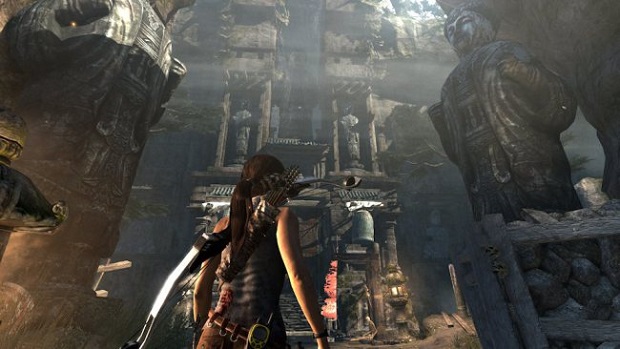
That was the basic premise, to make it a survival action adventure game and then going to the three components. Exploration-adventure, coupled with puzzle solving and combat, and I think in previous titles, the combat hadn’t been as good as it should’ve been. Even though we knew from our players that it was an important consideration so that was upped. There’s also a decision to take certain elements of role playing into the game so that all that you do nets you experience which you can expend in the game.
You can upgrade weapons, so a simple piece of wood tied to a dagger is a simple weapon but if she scavenges around, she can upgrade that weapon into a metal pole latched to a dagger, which is stronger. And of course, use of the environments themselves like fire and water – not just visually but in puzzle solving ways, they can do damage. So this being kind of open-worlded in sections, that exploration has even increased and there’s a lot of traversing across parts of that environment – which is the platforming element. And the combat has been raised up so I would say that it’s probably better than people are expected. Going by previews on the internet, they’re saying it’s the game of this generation of console hardware. Not necessarily what I’m saying (laughs).
When people were platforming back in the 90’s with the first Tomb Raider, it was sort of like Mario but with more trial and error because it was in 3D dimension. Do we see levels like that in the new Tomb Raider, which are challenging in their own right but they never get too frustrating?
Well, in game design, you try to find that Zen pathway to the game, that’s not too easy and not too difficult. I certainly believe they’ve found the right way, because some Tomb Raiders were simply too difficult. Yet, some people thought that they weren’t difficult at all, so you can’t please all of the people all of the time. You just got to please most of the people, most of the time. And I really think they’ve found the optimum route to this Tomb Raider. Of course, it’s a personal choice.
So does Lara actually raid tombs this time? It’s always been a question about the series. In between the survival and trying to save her friends, do we see Lara exploring unknown places?
She’s certainly exploring unknown places, but you have to play it to find out. (Smiles) I can’t possibly give that away.
When Tomb Raider was shown for the first time at E3, there was this outcry because Hitman: Absolution also came out with its first trailer. In regards to the debate of violence against women, do you feel there’s a double standard on that in the industry because –?
In what way?
We’re perfectly fine showing a strong capable heroine, who supersedes the strong male. But it’s perfectly fine to show the strong male being dismembered, but when it happens to the female it’s like “misogyny”.
This is obviously a subject that gets talked about an awful lot on the Internet. There are parts of a game that do appear to upset some people. Now if you’re looking in terms of Tomb Raider, I don’t know want to dwell on any particular parts of that game. I think it’s been discussed enough at times, but there’s a point in time in the game where she gets threatened and that got mistook. The producer at the time, the way he explained that situation, the fact is its a moment of threat which she overcomes. She reaches that crossroads moment in life where it’s kill or be killed and dispatches that person fairly quickly.
I thought that was pretty subtle actually, compared to some of the stuff happening in movies that goes far beyond.
I think the game industry is very good at self-regulation and I think we get a disproportionate amount of bad press about the content we produce, because we’re pretty hard on ourselves and what we allow to be shown in the game. Because we’re very aware that the user is in control of the action.
One thing that’s been looked at over the years, with movies like The Accused and A Clockwork Orange is that after doing various studies, it was shown that people who watch these movies were actually dissuaded from rape and such. When it comes to such, do you think video games could take that a step forward to serve as a medium that not only dissuades people from normal violence but sexual violence?
Some people might like to try that. It is a very very difficult issue to do, and whatever you do in that area, if you tried it, it’s going to be open to an awful lot of scrutiny. We are entertainment software makers, we’re not pushing the boundaries in that era and that’s certainly not in Tomb Raider.
So this is the first game to feature multiplayer. Where did that decision come from, like “This is the Tomb Raider we’re finally going to do multiplayer in”?
First and foremost, it’s a wonderful single-player experience. Everybody here is looking forward to the ultimate single-player experience.
Which is why people are surprised by the multiplayer inclusion.
It’s not just an add-on for the sake of an add-on. It’s being built by Eidos Montreal, incredible talent and expertise in that area. So I think you should see it as a real genuine bonus. People said the same when Guardian of Light came out – Who’d want to play a character other than Lara Croft? Well many people did and they enjoyed the co-op nature and the rip-roaring action in Guardian of Light. So I’m hoping that people will also enjoy the multiplayer functionality of Tomb Raider as well as the single-player.
Speaking on Guardian of Light – when you went from Underworld to Guardian of Light – but after its success, was there any desire to do a follow-up or to continue in that line? Maybe doing Tomb Raider or Lara Croft for the digital platform itself?
Um…yeah, I’m not really at liberty to discuss what games or game mechanics for future products. All I can say to you is that all experiences are looked at and analysed and…it’s actually the decision of the studio. They have pure creative autonomy.
Like sort of indirectly saying that, “Oh there’s a sequel somewhere but I just can’t talk about it.”
Well, that doesn’t necessarily mean it’s a sequel somewhere. This Tomb Raider’s a prequel! We try and…we’re not going to just give you more of the same for the sake of it. You’ll find that Square Enix and Eidos have always – and specially in this new Tomb Raider – waited until its ready.
With people dropping out of publishing, it’s going to polarize around the hit-driven titles and in order to survive, it’s got to have the best production values, the best gameplay and be best in class. We want to make the best in action-adventure and in this case, survival game. Anything that’s sub-optimal is going to fail so it’s going to be put out when it’s ready.
Speaking on the blockbusters that we’re seeing in the gaming industry, as the years have gone by, we’ve seen less middle-of-the-road efforts. Selling one million is not enough anymore – it’s one of the reasons why THQ went under. So do you feel like sooner or later, we’re going to hit a wall with these titles, that it will come to a point where there’s only one dominant franchise – and even that’s not enough for people?
No, I don’t think so. I think that while it has consolidated and it has polarized, people will always want, as consumers, a compelling, immersive, graphically intense, interactive, cinematic experience. Not everyone is going to want to play causal games on their tablet all of the time.
It’s like you still want to go to the cinemas and see that big blockbuster movie. At the same time, you might also want to see a little indie short film. There’s no one expense at the expense of the other. I think the rich are probably getting richer in the console market but there’s still room for new franchises. We launched Sleeping Dogs not long ago. That’s a new IP, it’s a bold move to do that and it proved very successful. Especially when you see new iterations of hardware, it’s always used as a launch platform for new IP. Imagine if we don’t rest on our laurels and we’re always looking for new IP – and that’s what’s driven me for a whole of my life.
As you’ve said “the rich are getting richer”, we’re seeing a growth in independent development. Not with traditional studios as such – but with just one or two persons who can bring out a game like Dust: An Elysian Tail, Amnesia –
The Room.
The Room. (Thinks about the Tommy Wiseau movie) That’s probably not the best example.
(Laughs)
You have these people who are trying to do something new and they may not have the big budget, but they’re still able to deliver a compelling experience. Where do you see this going in the next couple of months?
I think it’s fantastic. The rise of the indie studio is brilliant for the industry, especially in the creative sense. Because the console market…it’s not just about sequels, there are new IP, but all the innovation seems to be happening in the indie space. With a small agile team you can reach global audiences through super high speed broadband. You can roll a few analytics and ask the world what they’ll like and what they don’t like or you can express yourself in an artistic style which is very personal. So there are no boundaries as such.
I’m delighted and it helps drive the art form of the industry, and therefore the cultural significance and the social impact and ultimately you can only expand through the industry…for me, it’s driven from the starting point of the indie.
Do you think these indie studios will eventually become – like Orwell said in his book 1984, the middle class eventually becomes the upper class…do you think one day that these indie studios will begin to take over the middle rung of development and eventually get to the AAA stage?
It depends on their personal ambition. Ideologically, it would be great if they can remain small and independent, but so often is the case, they scale their businesses and take on staff, they become corporate and they…have play the game more. Or they’re acquired by a publisher and they lose their creative autonomy or creative spark and become part of the cog, at which point the founders often leave and start over.
It’s unlikely to change in the short term…who wants to remain small forever? I think that’s just part of human nature. Hopefully, there are enough people who do, because that’s where for me ultimately where the new ideas are coming where. Because no one’s saying “No”….marketing people aren’t look at last year’s game and saying “Make me one of those”.
Coming back to Tomb Raider, in the beginning when it first came out, it wasn’t just the first third person action adventure, or this is something you haven’t seen before, but this was the first time in gaming we had found a strong heroine. There have been other instances, but this was the first time that gaming had its first mainstream heroine.
But now over the years, there have been other heroines. Chell from Portal, Rosa from Assassin’s Creed 2…but Lara Croft has sort of been left behind in that exchange. She’s no longer the dominant heroine – still the most identifiable, but now she’s sort of playing the underdog. Do you think her survival in the new game is a metaphor to how she’s trying to survive in the gaming industry?
I actually disagree with that. She is the, perhaps the most, recognizable, known female characters and one of the most well-known game characters in all of the games industry. And like James Bond in films, she’s survived the test of time. Not always liked all the games, but her fans have always forgiven her and there’s also a new audience being attracted to the new way of playing tomb Raider. I think she’s the dominant female star today in games, and she’s just beset with a new challenge. There’s absolutely no catching up to do at all in my mind.
Back then, we had Tomb Raider as the mainstream female heroine and there were no competitors. Development was for female developers were on a down low, but now we have a ton of heroines and many more female developers. But they’re still trying to rise up, to get to that point where they get equal pay and equal opportunities. So where do you think the industry stands now compared to several years ago with women in games?
Clearly, the industry started off with guys making games for guys. They’d either like to kick something or kick somebody – that was the essence of the game – but over time, the games industry has matured and become diversity. Both in the context that of its consumers and the way it’s being built, but if you think of it in terms of the film industry, we’re still only in the 1930’s. We’ve still got a long way to go despite our growth. Still the largest entertainment industry in the world today despite any help from the media despite any help from financial houses particularly. Some have always found games to be a difficult investment proposition, seen as risky because it’s ethereal process with an output they have no certainty of success.
Clearly job opportunities, because it’s never been seen in a way that they should be seen. There are career opportunities that have been hidden. And yet it’s the largest entertainment industry in the world, therefore parents through their perception of it through the media have seemed to think it a sort of dark heart with no real career opportunities, especially for women. What we need are more role models of women in games from a creative point of view. And also getting women into coding a lot earlier than they are at the moment. Now, what I’ve been doing in the last two years is being involved with convincing UK government to put computer science on the school’s nation curriculum.
There’s an essential discipline called ITT is covering it all, it’s largely teaching kids how to use technology but not how to create technology. They learn about Word, PowerPoint and Excel but have no idea how to create technology. So what we’re doing is teaching how to read but not write. What we have are systems users… but what we need are system makers. So women in particular we need to get them at an early age, so it’s “sheek” not “geek”. And for that to happen, we have to our creative people – male and female – in power with the resources and skills to allow you to become a digital manufacturer for the future. Not being seen as sort of geeky technology makes the difference. Of course, it’s the combination of art and science that makes video games so; we need female artists and animators along with coders and designers.
I say the more women join from the creative side of the business, the better but let’s…why don’t the media do more features on successful women who are designing and coding and working in games. That’s just from me, not the industry.
If the new Tomb Raider is successful enough, then we’ll definitely be seeing Lara Croft again (according to Crystal Dynamics). As this is a reboot, are there any plans to turn this into a new franchise? Is there some sort of plain outline that’s there like Tomb Raider, for instance, which was more of “We don’t know how well this is going to do but this is a good starting point”?
This reboot is almost like a new IP in many respects. Clearly, we’re very excited and anticipating it to be a huge success but where Lara Croft and Tomb Raider go…yeah that’s an adventure yet to happen and I’m not in a position to say what that that is currently, simply don’t have the information. I’d say that’s very much in the hands of Crystal Dynamics.
On February 20th, we’re going to see the future of PlayStation. So to get it out of the way, what is your prediction for what’s going to happen? If you don’t know already.
I don’t know. I don’t think I should even be talking about Playstation 4 in this interview.
See, that can misconstrued in many ways.
(Laughs)
Then concerning next generation development, do you feel like we’re finally at that stage?
It’s very interesting. It seems to me that next generation hardware is like a halfway house. Latency and bandwidth constraints have forced these devices to have physical media yet again. But we hear that Microsoft, Xbox 720 requires a permanent internet connection and the optical discs are effectively watermarked and that will only play on one dedicated machine. But who knows what’s going to happen next time around?
I doubt there’s going to be a physical media in the next situation. There might not even be a set-up box, if the software is embedded in smart TVs that are connected to the internet. Ten years is a long time, in technology for games. I don’t think anyone knows. I certainly don’t.
Do you feel like we’re coming closer to that age where we don’t have to rely on the box anymore?
It’s interesting and an inevitability. One day there will be no box. At one point that has to happen. The world’s not moving to the Cloud in a uniform manner. It’s what age you can afford to miss or count on as a market, which is caused and supplemented by that market that can access the Cloud in a viable way.
We’re actually still a ways off from everyone having broadband in the world.
It’s just amazingly different types of broadband. You can create and have a gig landline and a 100 Meg cell phone, and you can go to other parts which still have 56K modems. So you got to decide where your cut-off point is. The potential sales lost, are they more recovered by the areas that do have super-fast broadband? It’s not my decision, though; it’s the platform manufacturer’s.
Whatever the Xbox will be called eventually though, it seems they want to stop the sale of used games and Sony wants you to be able to buy back PS3 games through their own platform rather than relying on used discs.
You can understand why that is. As a content creator, pre-owned’s never been great. Retailers have started to sell the same items 6 or 7 times with no with incremental revenues going back to the content creators. At the same time, piracy’s been a problem. So games are almost obliged to become an additional service where you can monetize…So for the pirates to take what part of it is long-term, and legislative doesn’t work, you can only do it through price and technology. It’s very difficult for pirates to compete with free, and very difficult for them to compete with the Cloud. So long term, it’s inevitable that we go this way.
Speaking on monetizing content, what are your thoughts on DLC and micro-transactions?
Well, it’s clearly working for players and the industry is in transition completely from proprietor services to premium to freemium. Now, I think you’ll find that EA have been rather pleased with the way Ultimate Team has performed for FIFA.
I have no knowledge and it’s probably a personal guess but watching the behaviours of my son and his friends, they’re probably earning as much money from the Ultimate Team as they are from FIFA boxed products themselves. So, DLC create fantastic long-term sales for a title till the next iteration and it’s a great revenue stream. I think you’re going to see a lot more of it.
Square Enix have recently announced they’re going to set up a development studio in India and they’ll be going in their own direction with social and mobile gaming. Where do you see India fitting into the picture of all this?
India has been a consumer market, and it’s been held back a little because of piracy. Also, the price of the games relative to income has been disproportionate. And as a development resource, it’s been seen from outside as an outsourcing solution. Software development in India seems more concerned with creating financial service packages than it has been with entertainment software. Those games have existed here…some of them have addressed a local market… domestic market has 1.2 billion people, but not all of them have smartphones or internet or consoles but there’s been a reasonable Symbian market to create Indian cultural products.
But they’re not going to be considered a global developer until they look at their creative content and their cultural requirements of countries outside India. So I think there’s amazing potential here, they certainly got the skills in the coding side…they’ve certainly got fantastic art and animation industry here…but we need to do is bring that animation studio together with database software engineers…it’s that marriage of art and science that creates video games. It seems to be that the education system in India keeps art and science very much apart. So in the UK I’ve been promoting an agenda, which is art and science, science technology, engineering and maths so I think they need to do the same here.
Do you think the OUYA console represents a significant step for consoles, even for developers like the ones we see in India who don’t have to go through a big publisher and such?
Well, yes, they can self-publish on a console that’s a portable and only $99. I think we’re successful as a content owning company we like to leverage our content across every viable platform that comes along but I do know that the hardware market is littered with failure in many respects. Even the might Sega withdrew from the hardware market. Making physical consoles is a very demanding and risky business. I wish them all the best.









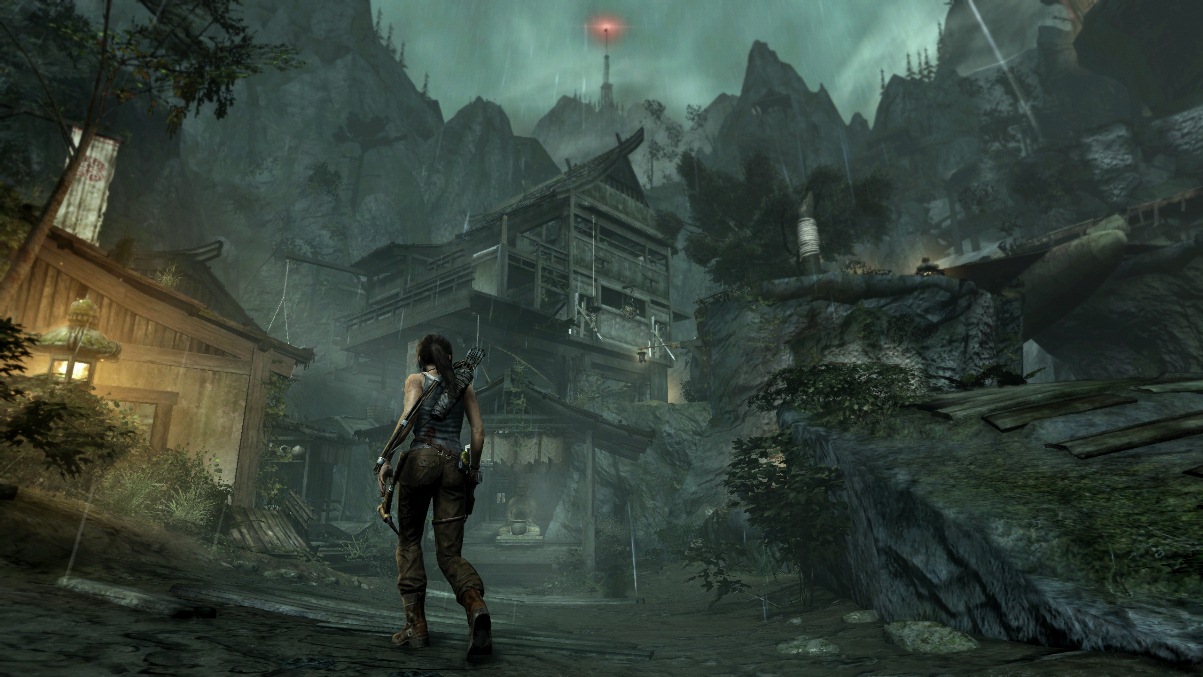
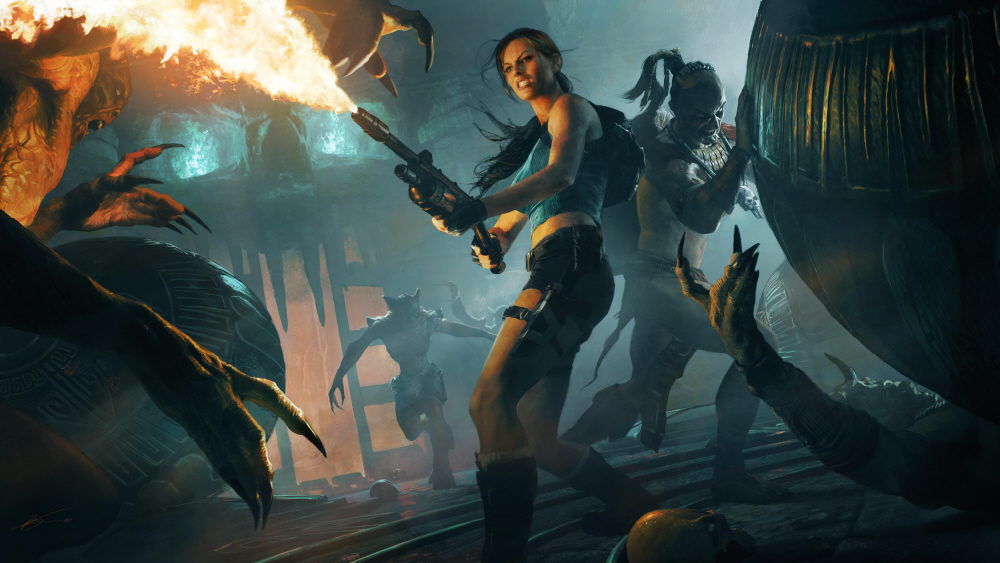
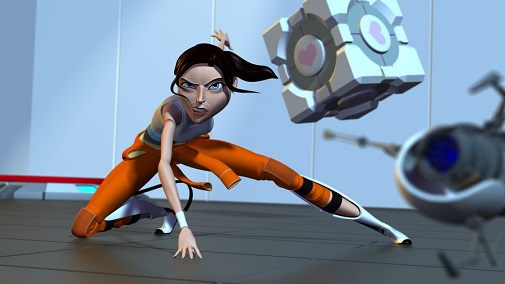
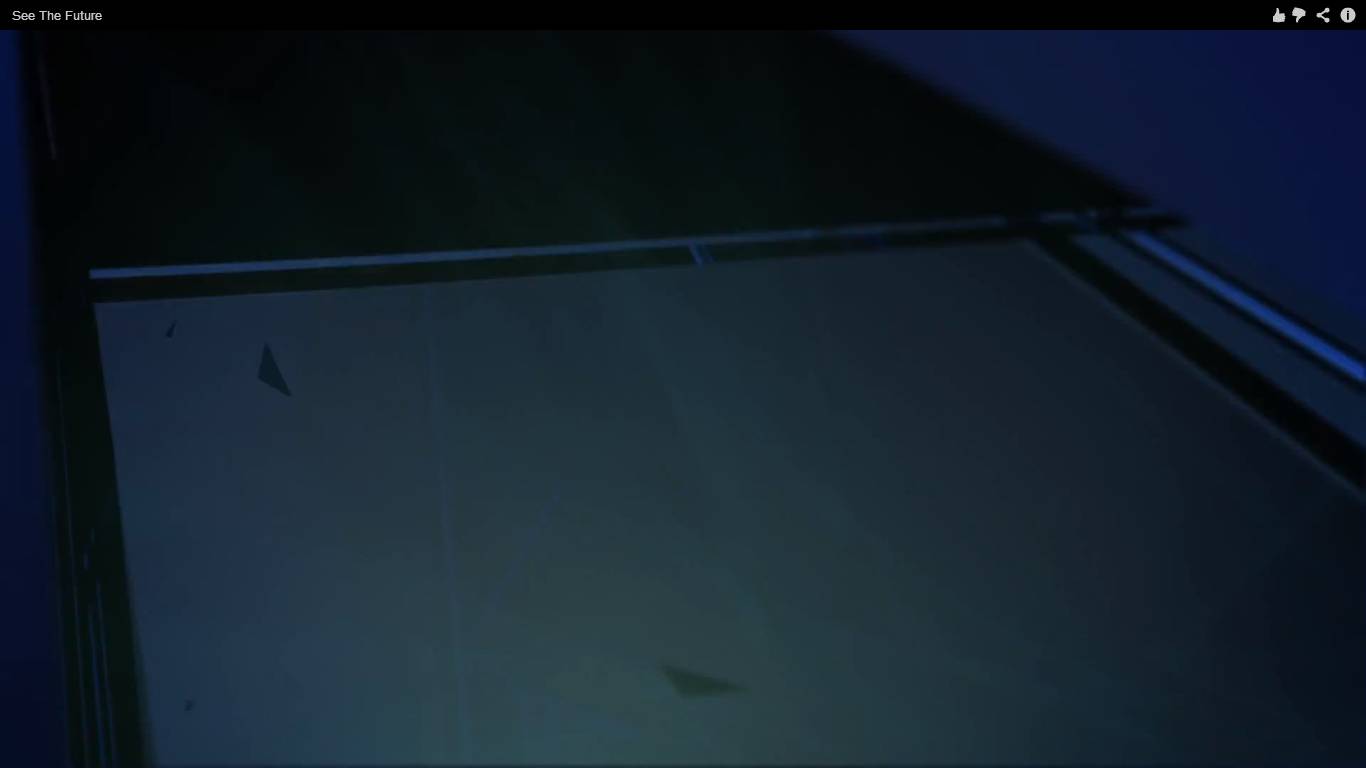
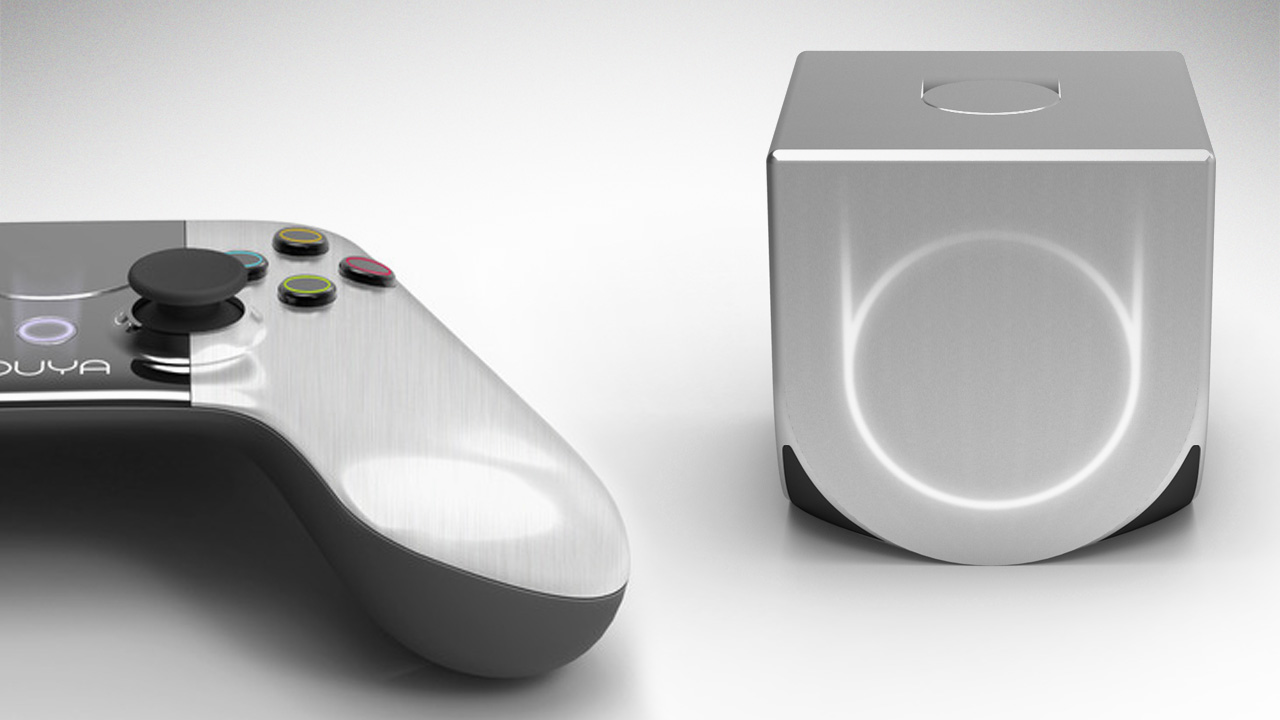
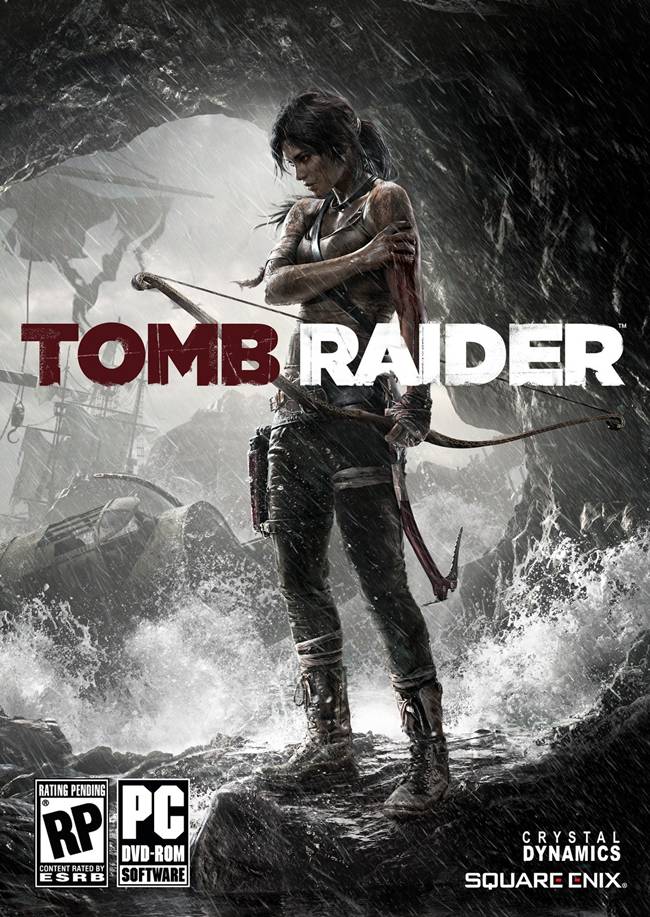

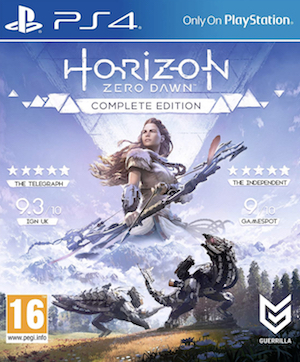




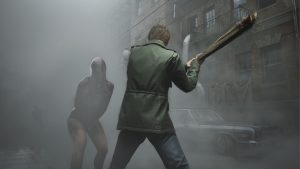

Share Your Thoughts Below (Always follow our comments policy!)